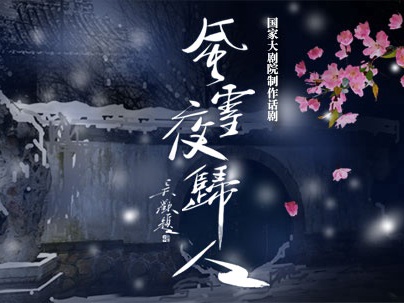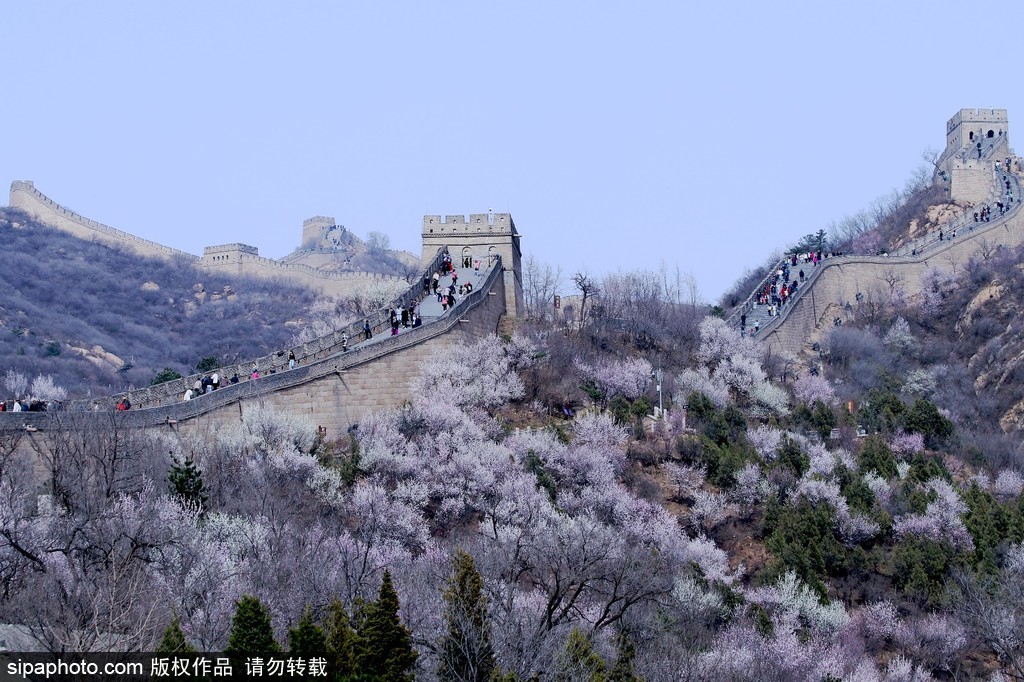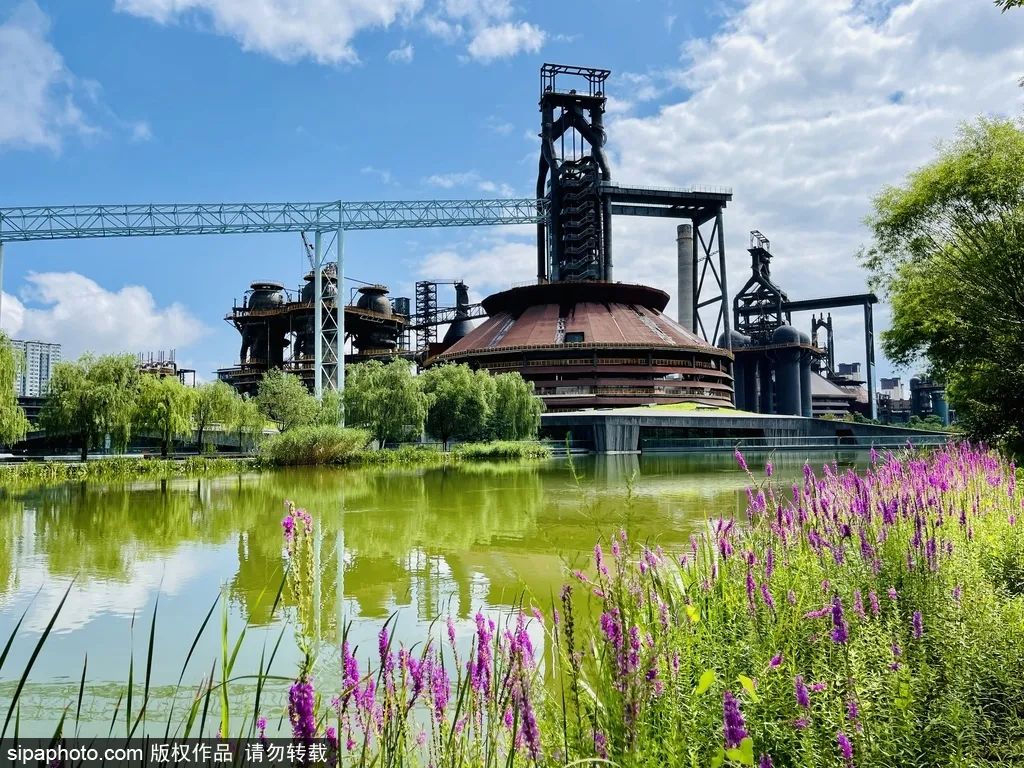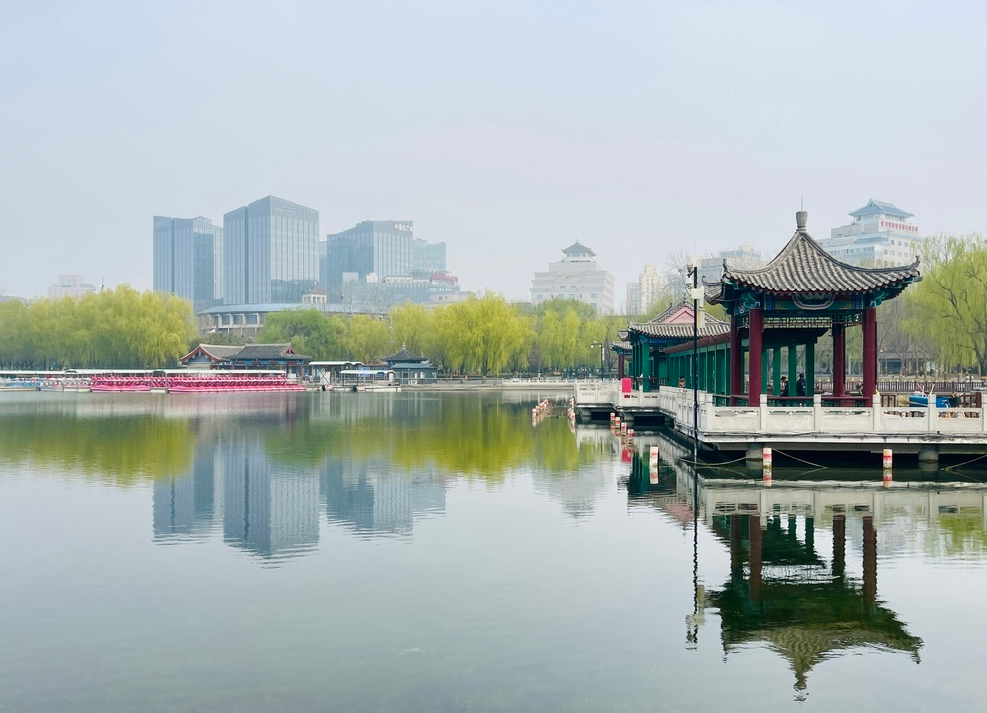
Venue: National Centre for the Performing Arts - Theatre
Dates: May 29-June 09, 2018
Duration: Approximate 165 mins (Intermission Included)
About
This drama is named after a line from the poem Staying at a Cottage of Mt. Hibiscus on a Night of Snow of the Tang Dynasty: "When the mountains lurk dim in the pale dark, the cottage of shabby looks stands lone in twilight. By the wattle gate now I hear dogs loudly bark, the master has come home in the snow of night." WU Zuguang, the playwright, described the joys and sorrows of the famous actor named WEI Liansheng in the historical context where people were swaying in the midst of a raging storm. He has experienced both the prosperity of being popular in early years and hard times of despair. The love story between him and Yuchun, a concubine of the bureaucrat named SU Hongji is just a sad melody that costs their lives.
The prosperity on the stage, the desolation of life, the variability of love and the changes of destiny... With this sentimental love story, Wu Zuguang sought to explore the eternal essence of life, the awakening of nobodies and their inquiries towards the desolate destiny.
The drama premiered in Chongqing in 1944 and was filmed in 1948, under the direction of WU Zuguang. In the past decades, several other versions of the drama, including Ping Opera, Cantonese Opera and ballet, have been released. At the end of 2012, the NCPA called together a first-class domestic drama team for rearrangement of Returning Home on a Snowy Night as a full-scale drama in honour of the fifth anniversary of its opening. The drama is also the NCPA’s first modern classic play. In April 2013, the drama was revived, winning many favourable comments as well. In May 2014, the drama was invited to the Sino-Korean Drama Festival as an opening play. In October, it was invited to Taiwan by the Taiwan Theatre & Concert Hall and Taiwan Performing Arts Center, where it was performed four times, all seats sold out, receiving heartfelt praise and applause from the Taiwan audience. In April 2015, this drama returned to its “birthplace” NCPA, where it showed its charm yet again. On May 29 this year, the story that took place in the Republic of China decades ago will be staged again at the NCPA, to show audiences a classic and immortal elegy for love.
Cast
SU Hongji: ZHANG Qiuge
WEI Liansheng: YU Shaoqun
Yuchun: CHENG Lisha
WANG Xingui: DONG Wenliang
Synopsis
In the late 1920s, on a cold night of snow, a man stumbles into the SU Hongji's garden from a gap of the collapsed wall, holding the withered cherry-apple tree as if searching for lost figures...
Twenty years ago, there appears a poor Peking Opera actor WEI Liansheng who fascinates dignitaries, young men and women, and even the general public. He has large social circles and often relieves poor neighbours, thus is popular with the people. Chief justice SU Hongji getting rich by smuggling opium leads a happy-go-lucky life. His fourth concubine Yuchun is a prostitute, and then is redeemed as concubine by SU Hongji. With a free heart, Yuchun is not resigned to the caged material life. She learns the drama and meets with WEI Liansheng, and confides to him her miserable life. Before Liansheng goes to Su Mansion for birthday celebration and performance, Yuchun invites Liansheng to her loft. Because of their similar background and fate, they fall in love and agree to elope toward the freedom. At this time, Liansheng picks a Chinese crabapple flower and sends it to Yuchun.
Unexpectedly, all this is seen by WANG Xingui, a steward recommended to SU Hongji by Liansheng, and the sycophantic steward tells the thing to SU. When Yuchun runs away as agreed, WANG Xingui leads several hatchet men to take her back, while Liansheng is deported. They are reluctant to part from each other so far. 20 years later, Liansheng stumbles into the homeland, only finds that the things remain unchanged but men are no more the same ones...



